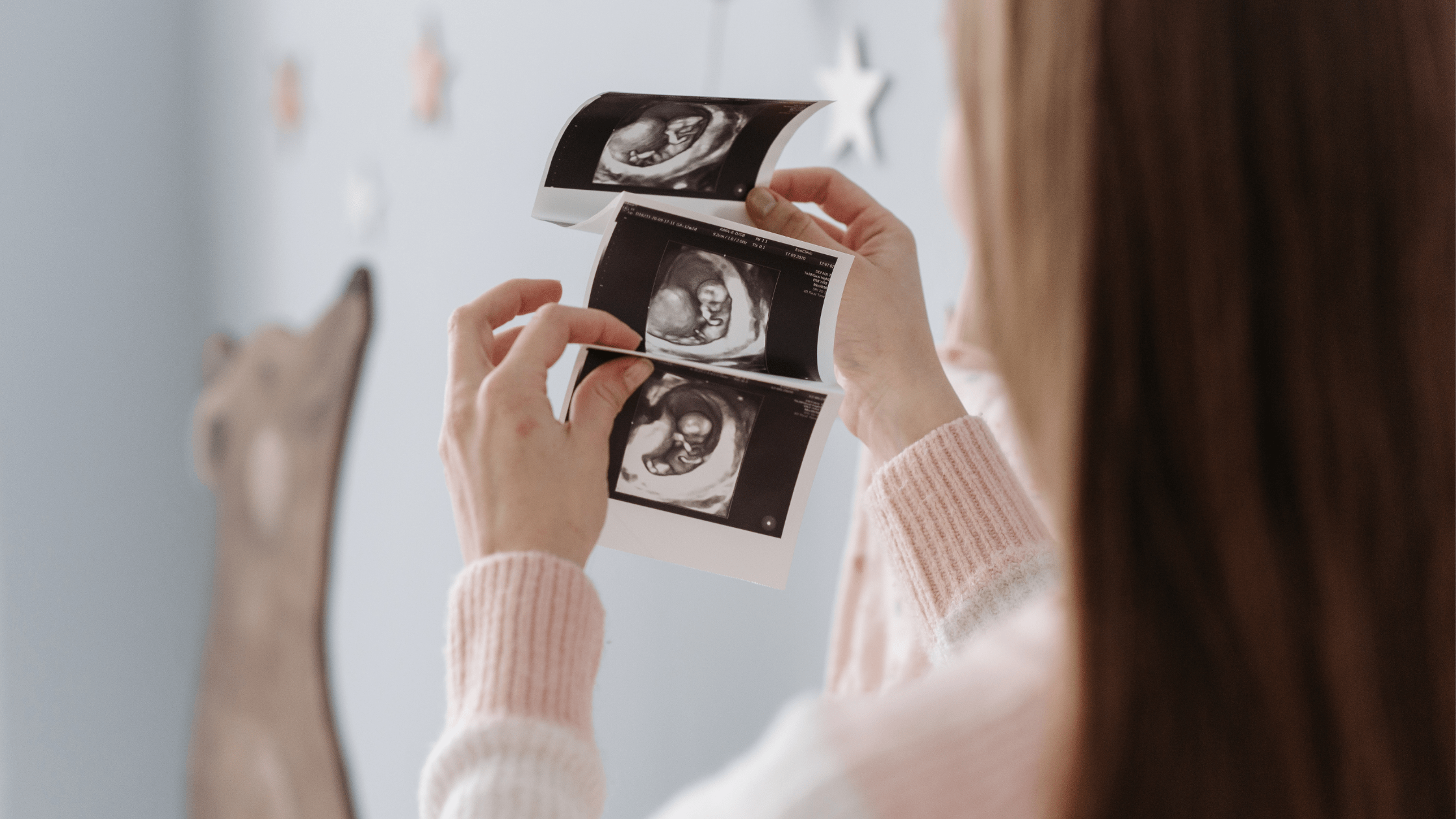Egg freezing – your questions answered

Women are born with all of the eggs that they’ll ever have. After puberty, that supply of eggs is constantly diminishing, until they reach menopause and there are no more eggs left. Chances of conception also decrease with age and egg freezing can help to prolong a woman’s chances of having a biologically related child.
What is egg freezing?
Egg freezing, also known as oocyte cryopreservation, is a method used to preserve a woman’s eggs for her to use at a later date.
Why would you freeze your eggs?
Egg quality and quantity decline with age, making conception more difficult for women over the age of 35 and increasing their risk of having a baby with Down Syndrome. Many women choose to preserve their eggs, so they can have children later in life, while minimising the risk of having a baby with chromosomal abnormalities.
Women about to undergo treatment for cancer, women who have a family history of early menopause and transgender individuals having their ovaries removed, may find that egg freezing is their only option of having a biologically related child later.
For some people, egg freezing is a lifestyle choice, for career, financial or relationship reasons, they may decide to put off having a family until they are older. This still carries an element of risk, as IVF is not guaranteed to be successful, even with frozen eggs.
Is it painful to freeze your eggs?
The process of egg removal is done under sedation, so no pain should be felt. However, some women experience pain, discomfort, cramps and bleeding after the procedure.
What is the process of egg retrieval, when you are freezing your eggs?
Fertility drugs are used to stimulate the ovaries to release more eggs than usual. They are then collected, while the woman is under sedation. A fine needle is passed through the vaginal wall to collect the eggs, which are then washed and frozen. The actual egg retrieval process takes about 15 minutes.

What is the best age to freeze your eggs?
For the greatest chance of success with conceiving, it’s believed to be best for a woman to freeze her eggs in her late 20s, or very early 30s. However, for people about to undergo cancer treatment or if their fertility is at risk for other reasons, it might mean freezing them earlier.
Can you get pregnant naturally, after freezing your eggs?
Yes, many women do. Some women freeze their eggs as a precautionary measure, but then they try to get pregnant naturally first, before using the stored eggs. Egg freezing doesn’t have a negative impact on fertility.
What age is too late to freeze your eggs?
Although there is no actual cut off age for egg freezing, the potential of conceiving reduces with age. Women over the age of 40 are much less likely to conceive naturally or through ART (Assisted Reproductive Technology) than younger women and freezing eggs at 40+ does not increase their chances of conception. It is generally recommended that women freeze their eggs before the age of 35, if they are going to do so.
Here at the IVF Network, we understand the emotional, physical and often financial challenges that infertile couples and individuals can face, when going through fertility treatment. There are so many questions that people have, before, during and after treatment, which is why we provide a wide range of information, through our dedicated channel of experts, our website and our blog posts. Our aim is to help you to feel more able to make informed and confident choices on your personal fertility journey.